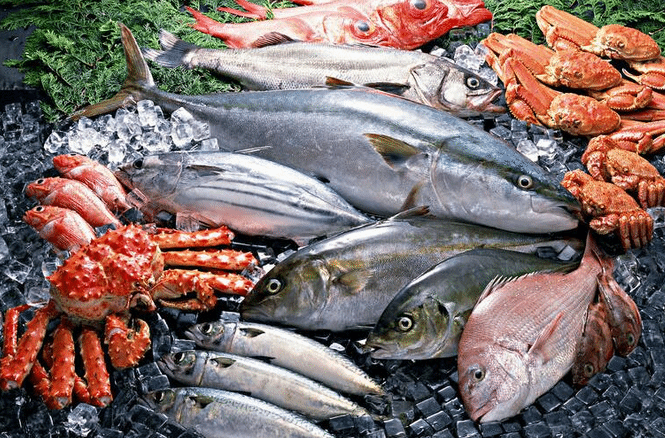Phospholipids for aquaculture
Time:2024-04-12
Phospholipids, as complex lipids containing phosphoric acid found in both animals and plants, share molecular structures similar to natural fats, possessing typical nutritional characteristics of fats, including providing components like glycerol and fatty acids. Additionally, they offer constituents such as phosphoric acid, choline, and inositol, along with certain properties resembling water-soluble vitamins. Specialized phospholipids for aquaculture serve as feed additives tailored to the nutritional requirements of aquatic organisms.
In aquaculture, the significance of phospholipids in the nutrition of fish and shrimp has garnered attention. Studies indicate that incorporating phospholipids into the feed of aquatic crustaceans and fish enhances their growth rate and overall health. Phospholipids are indispensable components of animal brains, nervous tissues, and visceral organs, crucial for the growth and development of juvenile animals, aiding in the digestion, absorption, transportation, and formation of fats while preventing the occurrence of fatty liver.
Furthermore, phospholipids help conserve the expenditure of methionine and energy within animal bodies, improving feed utilization. They also act as emulsifiers and suspending agents, enhancing the physical properties of feeds, thereby increasing palatability and digestibility.
Currently, the phospholipids used in the feed industry are primarily derived from the by-products of soybean oil production—soybean phospholipids. These encompass various types such as soy lecithin, phosphatidylcholine, phosphatidyl inositol, phosphatidyl serine, glycolipids, and phosphatidic acid, boasting complex chemical compositions containing phosphorus, nitrogen, choline, inositol, sterols, carrier substances, and ash content, thereby exerting multiple nutritional effects.
Specialized phospholipids for aquaculture play a vital role in enhancing the growth performance, health status, and feed utilization efficiency of aquatic animals, constituting an indispensable feed additive in aquaculture.


 CN
CN





